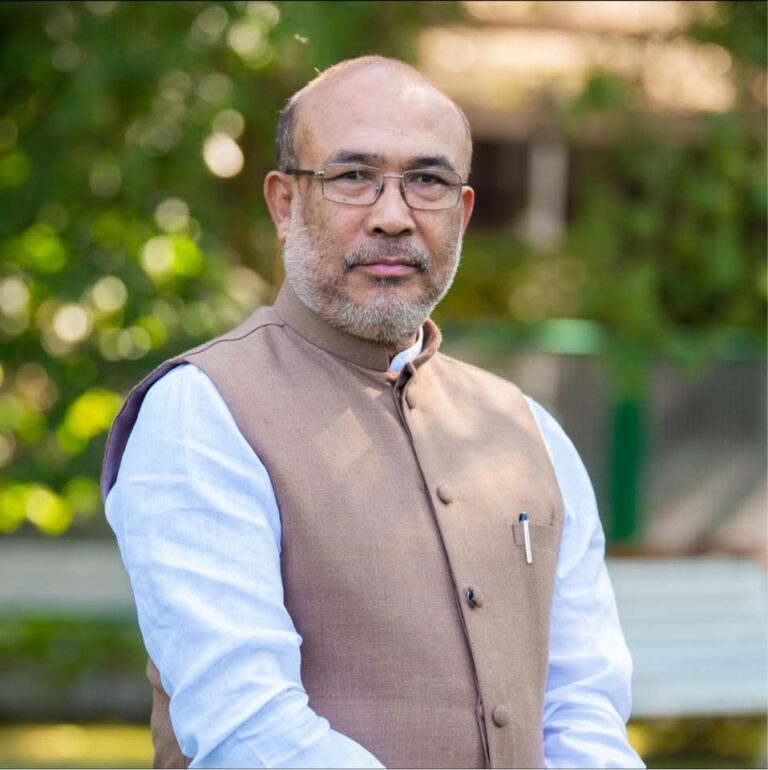Visionary Theatre Icon Ratan Thiyam Dies at 77
Summary of the News
Theatrical maestro and visionary director Ratan Thiyam, renowned for transforming Indian theatre with his innovative usage of traditional and contemporary forms, passed away on July 23, 2025, at the age of 77. As the founder of Imphal’s Chorus Repertory Theatre, former Director and Chairperson of National School of Drama, and a recipient of top honours including the Padma Shri, Sangeet Natak Akademi Award, and Fellowship, Thiyam’s death marks the loss of a towering figure in Indian performing arts. Known for masterworks like Chakravyuha, Uttar Priyadarshi, and Urubhangam, his passing has sparked widespread tributes across the theatre world and beyond.
Introduction: The Curtain Falls on a Legend
Have you ever watched a play where the actors aren’t just portraying characters—they’re embodying legacies? That was Ratan Thiyam’s theatre. His passing on July 23, 2025, is more than just an obituary—it’s the final scene in an epic drama of artistry, innovation, and cultural revival. Let’s journey through his vibrant life and the indelible legacy he leaves.
The Early Years: Roots That Defined a Vision
Born on January 20, 1948, Ratan Thiyam grew up in a household steeped in Manipuri dance and culture. Nurtured by his father, Guru Thiyam Tarunkumar, and mother, Bilasini Devi, Thiyam’s early life was underpinned by traditional arts and an appreciation for performing expression
Imagine a young boy who sketches and paints one day, and immerses himself in poetry and performance the next. That’s who Ratan was—a polymath who never stopped expanding his artistic palette. His education at the National School of Drama (NSD), New Delhi, where he graduated in 1974, honed his craft and connected him with a world beyond Imphal
Chorus Repertory Theatre: A Cultural Powerhouse
In 1976, fresh out of NSD classrooms, Ratan carved out his own space: Chorus Repertory Theatre, just outside Imphal. Think of it as an artist’s laboratory—where martial arts, dance, music, script, and design fused to create stories that resonated with both tribal traditions and the global stage
Thiyam’s theatre was more than entertainment—it was a communal ritual. Actors lived, trained, and created together in a collective, embodying his philosophy that theatre is “composite art” and an actor is a “composite human” . Audiences came to witness not just a play—but a living cultural tapestry.
Stagecraft Prowess: Bridging the Ancient and Modern
Ratan Thiyam’s magic lay in weaving ancient Indian dramaturgy, especially Nāṭyaśāstra, with contemporary sensibilities. Layered with Manipuri dance, Thang-Ta martial arts, subtle lighting, and immersive stagecraft, his plays transcended mere performance—they became spiritual eruptions on stage
Some standout works include:
- Karanabharam (1979): A re-envisioning of Bhasa’s tale, charged with moral depth.
- Chakravyuha (1984): A visceral exploration of war and human trauma.
- Imphal Imphal (1982), Lesngshonnei (1986), Uttar Priyadarshi (1996), Urubhangam, Blind Age, and many more.
Thiyam didn’t just direct plays—he orchestrated theatrical revolutions. In Urubhangam, actors wielded martial arts; in Andha Yug, an open-air staging in Hiroshima echoed the haunting aftermath of atomic devastation.
Trailblazing Recognition: Awards and World Tours
Ratan Thiyam’s brilliance earned him accolades at home and abroad:
- Sangeet Natak Akademi Award, 1987
- Padma Shri, 1989
- Fringe Firsts Award at Edinburgh, 1987; Diploma, Cervantino (Mexico), 1990
- Kalidas Samman, 2005; John D. Rockefeller Award, 2008; Bharat Muni Samman, 2011; SNA Fellowship, 2012
His creations graced stages across continents—from Barbican in London to Kennedy Center and BAM in the U.S.—earning comparisons with legends like Grotowski and Peter Brook
Leadership and National Influence
Beyond his home base, Thiyam shaped theatrical institutions:
- Director of NSD (1987–88)
- Chairperson of NSD (2013–17)
- Vice-Chairman, Executive Council Member, Sangeet Natak Akademi
He played advisory roles across cultural bodies—from NCERT to ICCR, Manipur University, and heritage foundations—molding policy as much as performance
The Final Act: July 23, 2025
On July 23, 2025, at age 77, Ratan Thiyam passed away—leaving a profound silence across the cultural landscape. His loss has stirred grief and reflection, from his hometown in Imphal to national theatres and global audiences.
Tributes are pouring in, celebrating him not only as a theatre legend but as a conscience of his region and a bridge between worlds.
Conclusion: A Stage Immortalized
Ratan Thiyam didn’t just produce plays—he created a movement. His theatre remains an encounter with identity, history, and humanity, and his passing marks the end of an era. But like any great script, his story lives on, echoing in every stage that follows his lead. In remembering him, we celebrate the alchemy he perfected: where innovation embraced tradition, and theatre became a mirror—and sometimes, a weapon—for change.
Frequently Asked Questions
- Who was Ratan Thiyam?
A pioneering theatre director from Manipur, Thiyam founded Chorus Repertory Theatre (1976), led the NSD, and received major awards like the Padma Shri and Sangeet Natak Akademi Fellowship - What made his theatre unique?
He synthesized ancient Indian and Manipuri performance arts—martial arts, dance, music—with contemporary global storytelling, creating immersive, spiritual theatrical experiences. - What are his most famous plays?
Highlights include Chakravyuha, Urubhangam, Uttar Priyadarshi, Andha Yug, Ritusamharam, and Lairembigee Eshei, many showcased internationally - Why did he return his Padma Shri?
In protest against the extension of ceasefire with insurgents in 2001, Thiyam returned his Padma Shri to signal disapproval of peace processes he found unacceptable - How will he be remembered?
As a cultural icon who bridged traditions and modernity, shaped Indian and global theatre, and used art as activism. His death leaves a void, but his vision lives in every stage he touched and artist he inspired.





